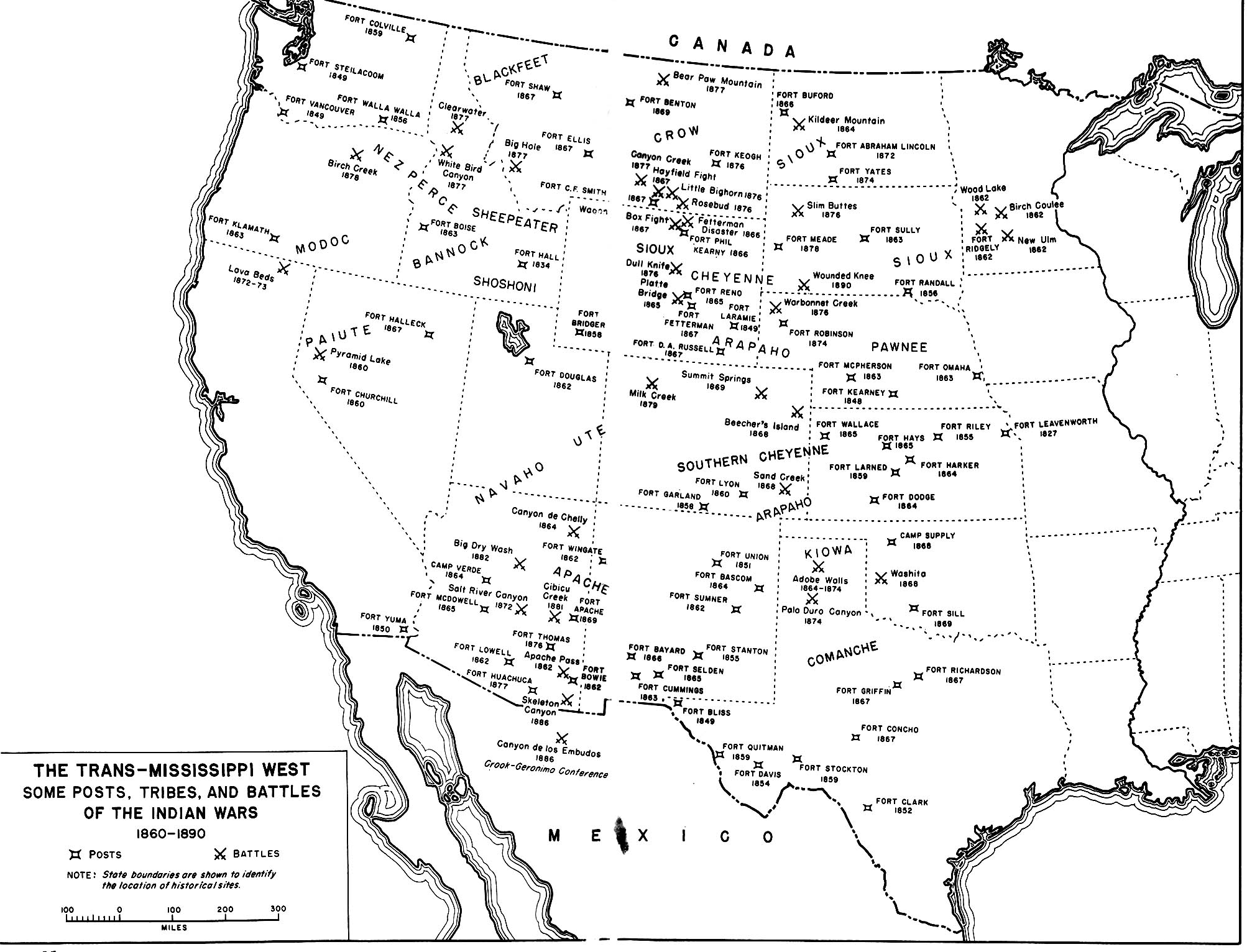Canada's Royal Commission on Aboriginal Health estimates 500,000.
from 1610 to 1850 population of the US grew from 350 to 23,191,876 (excluding native americans). In 1860, the population, including native americans, was 31,443,321, a growth of 35.58% from1850. it's interesting to note that the growth rate from 1840 to 1850 was 35.87%. the addition of native americans to the count in 1860 had little effect on the population growth rate, suggesting that the number of native americans were very small when compared to nonnative americans.
it is clear that native americans didn't stand a chance with the growing population of white america. how did the government deal with the situation? poorly. very poorly. the US government lied to the indians. the government made promises in treaties with the indians that the government didn't keep. the government forced native americans onto reservations, in many cases, far away from the land where they were living. those who resisted were killed--sometimes quickly, i.e. execution or outright murder by soldiers and civilians, and at other times slowly by forced marches to remote reservations or death by starvation, exposure and/or disease.
neither the native americans or the immigrants were of one mind. most chiefs didn't speak for their tribe. that they did was a myth concocted by self serving whites. in fact, in most indian tribes each man spoke for himself and acted on his own. some native americans saw the inevitability of "might (and numbers) makes right" and sought to live in peace with whites. other native americans resisted until their end.
similarly, not all settlers thought and acted the same. some believed that native americans should be accommodated fairly. others believed that they should be exterminated.
atrocities were committed on both sides. many--perhaps most--on both sides viewed the atrocities that were committed by both sides as monstrous crimes.
atrocities were committed on both sides. many--perhaps most--on both sides viewed the atrocities that were committed by both sides as monstrous crimes.
what did we learn from our treatment of native americans over three centuries?
attribution: Work of the United States government, Public domain, via Wikimedia Commons
answer: not much. https://en.wikipedia.org/wiki/American_Indian_Wars

No comments:
Post a Comment